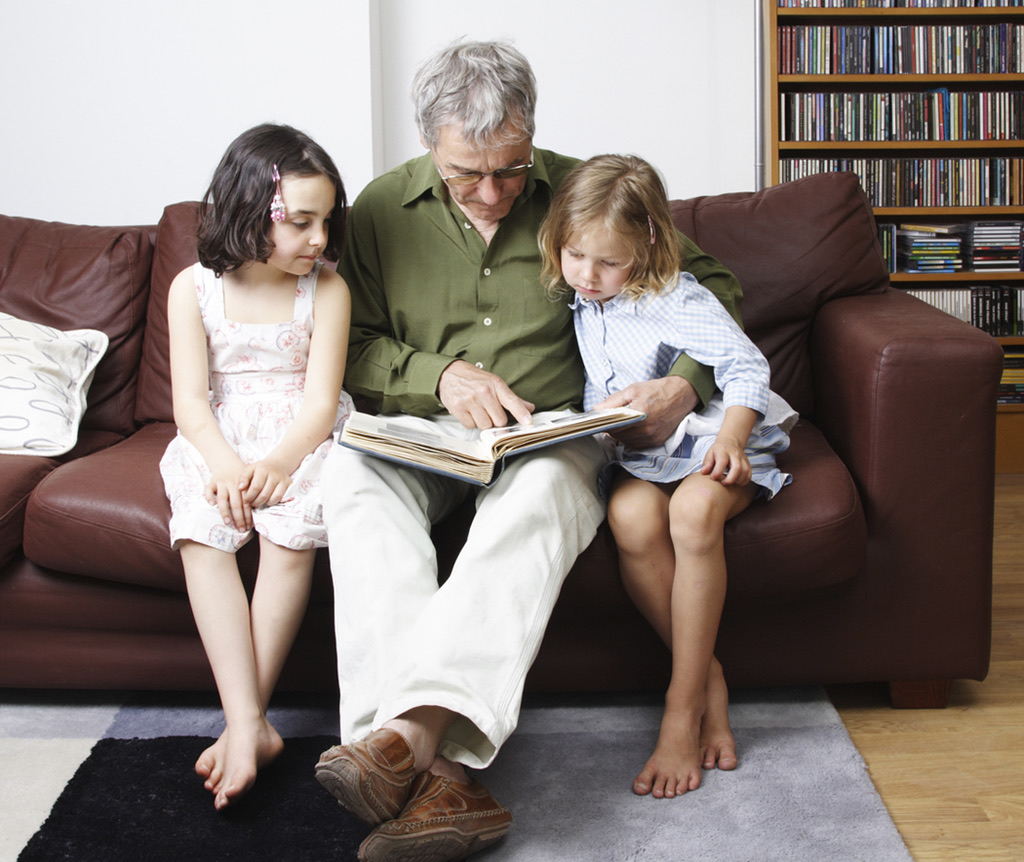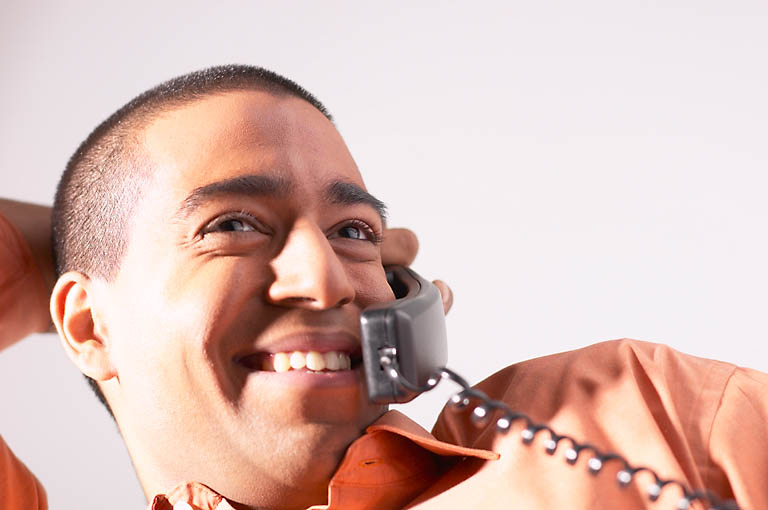Processing Painful Feelings
Several years ago I was sitting with someone who is very dear to me–a practicing alcoholic who had just lost his father. I could tell his grief was great, and there was certainly a part of me which understood as he drowned the pain of his loss in still another drink. As the anesthesia of his alcohol gradually took hold of his body, his numbness and grief turned to happy tales of times with his dad, and it was clear that he felt better…but only for the moment.
As I watched this transformation, I suddenly understood better than ever before an element common to those who are addicted–and that is the intent to avoid pain. What alcohol and drugs provide is a way out of the hurts of life, a way to bypass feeling the feelings that are not pleasant…but only for the moment.
The problem is, however, we need our pain! Yes, it’s not pleasant, but it exists for a very important reason. Our pain is our friend; it is our guide; it lets us know when things aren’t going well. It shows us what doesn’t work and where we need to grow. It gives us information by which we can make responsible choices and create wise changes in our lives.
When the warning light on the dashboard of your car begins to flash, indicating that you are about out of gas, do you take a hammer and smash the dashboard? Or do you (grumbling, perhaps) take heed of the warning and head for the gas station?
Our bodies work the same way. We may not enjoy warning that pain offers, but it lets us know when we need to pay attention to our bodies and take care of ourselves.
When we are grieving, we need to allow ourselves the opportunity to cry, to say our goodbyes to the soul who is leaving us, to speak the words we have not said, to let the sadness fill us over and over again, so it can be expressed and be released.
Or if the pain is from a job loss, that pain can help us evaluate on what level we helped create that ending, and in what new directions we may wish to travel. If it is from a relationship problem, it can help us recognize how we have participated in setting up the problem, and once we have felt and released the pain, how to solve it. If the pain is from a physical injury, it reminds us to rest the part that has been hurt, so that it will heal.
Allowing ourselves to feel our pain promotes healing. Avoiding pain simply promotes the prolonging of the pain and postpones resolution. The long term effect of avoidance is that unsolved situations tend to become more complicated over time. We get used to not solving our challenges instead of facing them, and the repercussions become more and more involved—and more difficult to solve. Facing the situation as they arise allow us to realize that pain is our friend. It gives us information about what isn’t working, and helps lead us to things that do work.
Little children understand this intuitively. When they hurt, they throw a five-minute temper tantrum, and they are done. But as adults, we have often been “socialized” into thinking, “I must not cry,” “I must be strong,” “I can’t let others see my pain,” “I shouldn’t be weak.” And thus we often push our hurt into our subconscious minds or down into our bodies where it will express itself as emotional or physical illness or abuse at some later time.
Addictions are only one of the ways we try not to feel. But they are particularly insidious, for they can keep the feelings away for years and years. For those who started drinking or taking drugs in their teen years, important developmental tasks (which are inherently somewhat painful) may have been avoided. We have all met someone addicted who is middle aged and still functions at the level of a teenager. The reason is often that the painful and difficult tasks of development have been anesthetized and thus not fulfilled.
We need our pain to grow! I’m not speaking here of getting addicted to pain, or being obsessed with our problems, but rather, of the necessary healthy facing of what is difficult in life. Like the butterfly that must build it’s strength by pushing its way out of the cocoon, or the chicken that will not live unless it pecks its way out of the shell, we humans, also, must build the muscles of our character by feeling and dealing with that which stretches us, challenges us, and makes us strong.
To the alcoholics, the drug addict, and all those others who would run away from their pain, I say, “Take courage!!” Instead of trying to avoid your hurt, embrace it, dive into it, let yourself immerse in it. Cry. Shake. Forget about those people who tell you that you should not have your feelings. You DO have feelings! They exist within the human psyche for a very good reason. Trying to avoid them only prolongs the pain; feeling them allows them to wash through you, to cleanse you, to clear your mind; it allows you to be real with yourself, to let go, to complete.
The person who had just lost his father was my brother. For three days we all sat by his comatose body, and every time I needed to cry, I did. I cried deeply until I was done. And in so doing, I was freed to see my father’s death in way that was beautiful and awesome. In fully feeling my pain, I let my resistance about his death go, and experienced one of the most incredible spiritual connections of my life.
That is not to say that everyone will always experience such a cathartic release when they dive into their pain, but it isto say that when I applied what I know as a therapist about allowing our pain to be expressed, I gained the benefits as a human.
And it is also to say that I know how much courage it takes to face the pain, the pain that seems to be beyond anything imaginable. And for those who anesthetize themselves with alcohol or drugs, or who otherwise try to avoid feelings (which I have also done in my life), please know that it only takes that courage and willingness to feel and breathe and release–to dive into the pain instead of run away from it. For the truth is, the burden of allowing feelings is immeasurably lighter than the burden of carrying it buried or disguised in your body and mind. Sooner or later it MUST be released in some form.
Let yourself feel what is there. Use your breath or your tears to let it wash through. Become as little children. Take courage. You can do it. You will be healed. On the other side is peace, humility, understanding, and freedom.











